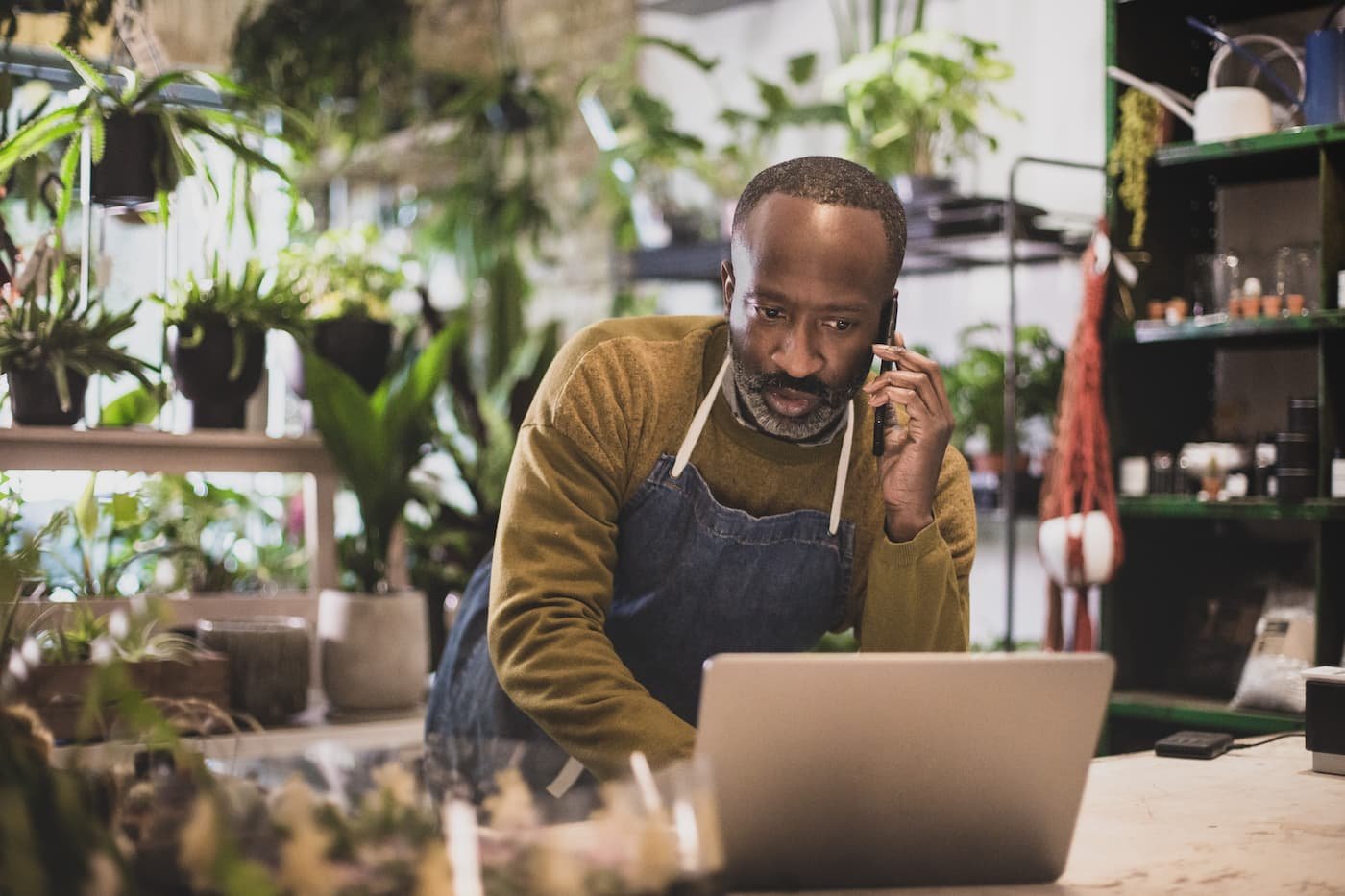In recent years, there has been a growing trend towards sustainable startups that prioritize eco-friendly practices and products. As the world becomes more conscious of the need to protect the environment, entrepreneurs are stepping up to create innovative solutions that not only generate profits but also contribute to a greener future.
The Rise of Sustainable Startups
With the increasing awareness of climate change and the depletion of natural resources, consumers are actively seeking out businesses that align with their values. Sustainable startups are filling this gap by offering products and services that are environmentally friendly, socially responsible, and economically viable.
One of the key drivers behind the rise of sustainable startups is the growing demand for sustainable products. Consumers are becoming more conscious of the impact their purchasing decisions have on the environment and are willing to support businesses that prioritize sustainability. This has created a market opportunity for entrepreneurs to develop and scale sustainable solutions.
Trends in Eco-Friendly Entrepreneurship
As the sustainable startup ecosystem continues to evolve, several trends have emerged that are shaping the future of eco-friendly entrepreneurship:
1. Circular Economy
The concept of a circular economy is gaining traction among sustainable startups. Instead of the traditional linear model of “take-make-dispose,” a circular economy aims to keep resources in use for as long as possible by recycling, reusing, and repurposing materials. Startups are finding innovative ways to design products and services that minimize waste and promote a circular economy.
2. Renewable Energy
Renewable energy is another area where sustainable startups are making significant strides. From solar and wind power to geothermal and hydroelectric energy, entrepreneurs are developing innovative technologies to harness clean and renewable sources of energy. These startups are not only reducing carbon emissions but also creating opportunities for a more sustainable energy future.
3. Sustainable Fashion
The fashion industry is notorious for its environmental impact, but sustainable startups are changing the game. These startups are focused on using eco-friendly materials, implementing ethical manufacturing practices, and promoting slow fashion. By offering sustainable alternatives to fast fashion, these startups are revolutionizing the industry and paving the way for a more sustainable future.
4. Food and Agriculture
Sustainable startups in the food and agriculture sector are addressing the challenges of feeding a growing global population while minimizing environmental impact. From vertical farming and aquaponics to plant-based alternatives and sustainable packaging, these startups are finding innovative ways to produce and distribute food in a more sustainable and efficient manner.
5. Waste Management
Waste management is a pressing issue that sustainable startups are tackling head-on. These startups are developing technologies and solutions to reduce, recycle, and repurpose waste. From composting and recycling initiatives to upcycling and zero-waste packaging, these startups are making significant contributions to the circular economy and reducing the burden on landfills.
The Benefits of Sustainable Startups
Sustainable startups offer several benefits that go beyond environmental impact:
1. Competitive Advantage
By prioritizing sustainability, startups can differentiate themselves from competitors and attract environmentally conscious consumers. This can lead to increased brand loyalty and a competitive edge in the market.
2. Cost Savings
Implementing sustainable practices can often result in cost savings for startups. By reducing energy consumption, optimizing resource usage, and minimizing waste, startups can lower their operational costs and improve their bottom line.
3. Attracting Talent
Many job seekers today are looking for opportunities to work for companies that align with their values. Sustainable startups have an advantage in attracting top talent who are passionate about making a positive impact on the environment.
4. Positive Brand Image
Sustainable startups are seen as responsible and forward-thinking businesses. By prioritizing sustainability, startups can build a positive brand image and enhance their reputation among consumers, investors, and other stakeholders.
Conclusion
Sustainable startups are at the forefront of a global shift towards a more eco-friendly and socially responsible business landscape. By embracing sustainability as a core value, these startups are not only driving positive change but also reaping the benefits of a growing market demand for sustainable products and services. As the latest trends in eco-friendly entrepreneurship continue to evolve, sustainable startups will play a vital role in shaping a greener and more sustainable future.


































